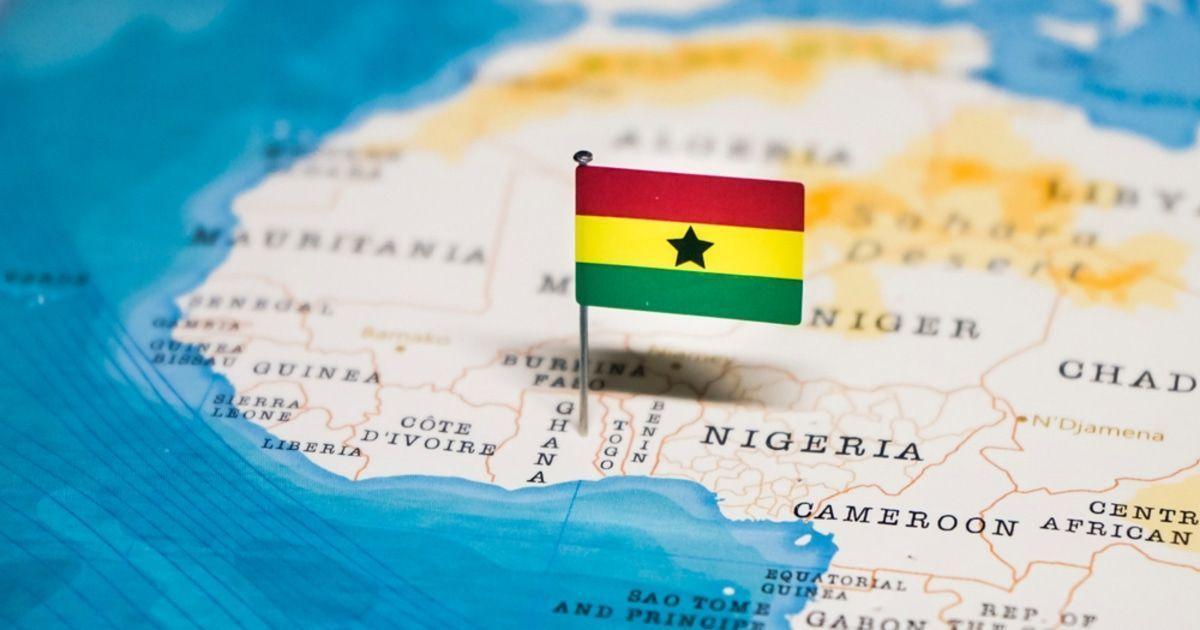Africa-Press – Ghana. The Cape Coast Local Accountability Network (LANet) on Wednesday reached out to hundreds of pupils with its campaign against corruption across the ancient city.
Aligned with the broader vision of the Ghana Anti-Corruption Coalition (GACC) and its partners, the move sought to emphasise the critical role of the youth in the national crusade to eradicate corrupt practices.
The campaign empowered the youth as key agents in the fight against corruption, recognising that educating students creates a ripple effect that reaches families and communities, thereby strengthening accountability across society.
LANet, through such engagements, hopes to foster a generation of young Ghanaians committed to transparency, integrity and patriotism, crucial for the country’s sustainable development and democratic governance.
LANet representatives stressed the urgent need for young people to desist from all forms of corruption, highlighting the long-term benefits of integrity such as personal development, national progress, and the safeguarding of public resources.
“To safeguard the future, we must educate children not only to seek knowledge but to flee from corruption.
“We are instilling in them the courage to choose integrity over deceit, because in their purity lies the foundation of a just and thriving world,” Mr Saeed Wahab, Secretary to LANet, said at an engagement with some students from some selected schools in the Metropolis.
The campaign is in tandem with 2025 African Anti-Corruption Day slated for July 11, on the theme: “Promoting Human Dignity in the Fight Against Corruption”.
The day commemorates the adoption of the African Union Convention on Preventing and Combating Corruption (AUCPCC).
The celebration of African Anti-Corruption Day is an important event for the Continent as it provides an opportunity to assess progress made in combating the menace.
Also, it evaluates the effectiveness of existing tools and strategies while exploring new ideas, strengthening partnerships and reaffirming commitment to upholding human dignity.
Mr Wahab urged pupils to cultivate honesty, dedication, integrity, nationalism and patriotism and develop a strong stance against corruption and say no to bribery, vote-buying and other corrupt practices.
He said the youth should be vigilant and interested in how public funds were spent to identify and question any misuse.
Additionally, they should report all corrupt activities they witnessed to trusted adults such as parents, teachers and community leaders, as well as to state institutions tasked with fighting corruption.
Mr Wahab reassured pupils that Ghana’s Whistleblower Act, 2006 (Act 720), provided protection for all whistleblowers, ensuring confidentiality and safeguarding them from retaliation when corrupt practices were reported to the authorities.
Ms Beauty Emefa Narteh, the Executive Director of GACC in a speech on her behalf, cited the 2023 Auditor-General’s report that revealed the country’s loss of more than GH¢11billion to financial irregularities.
Such resources, she said could transform education, healthcare and offer job opportunities for the many unemployed youth.
She said the GACC recognised that empowering the youth to stand against corruption was a crucial step towards building a fairer and more inclusive Ghana where development benefits all, and not just a few.
One of the beneficiaries, Samuel Andoh, a student at St. Augustine’s Practice Basic School in an interview with the Ghana News Agency described the event as “educative.”
He said: “Corruption is the silent thief of our nation’s future; the youth must rise not only to expose it but be an embodiment of integrity and help transform society.”
“True change would begin when we reject the temptation of personal gain and commit to the collective good,” he indicated.
For More News And Analysis About Ghana Follow Africa-Press







